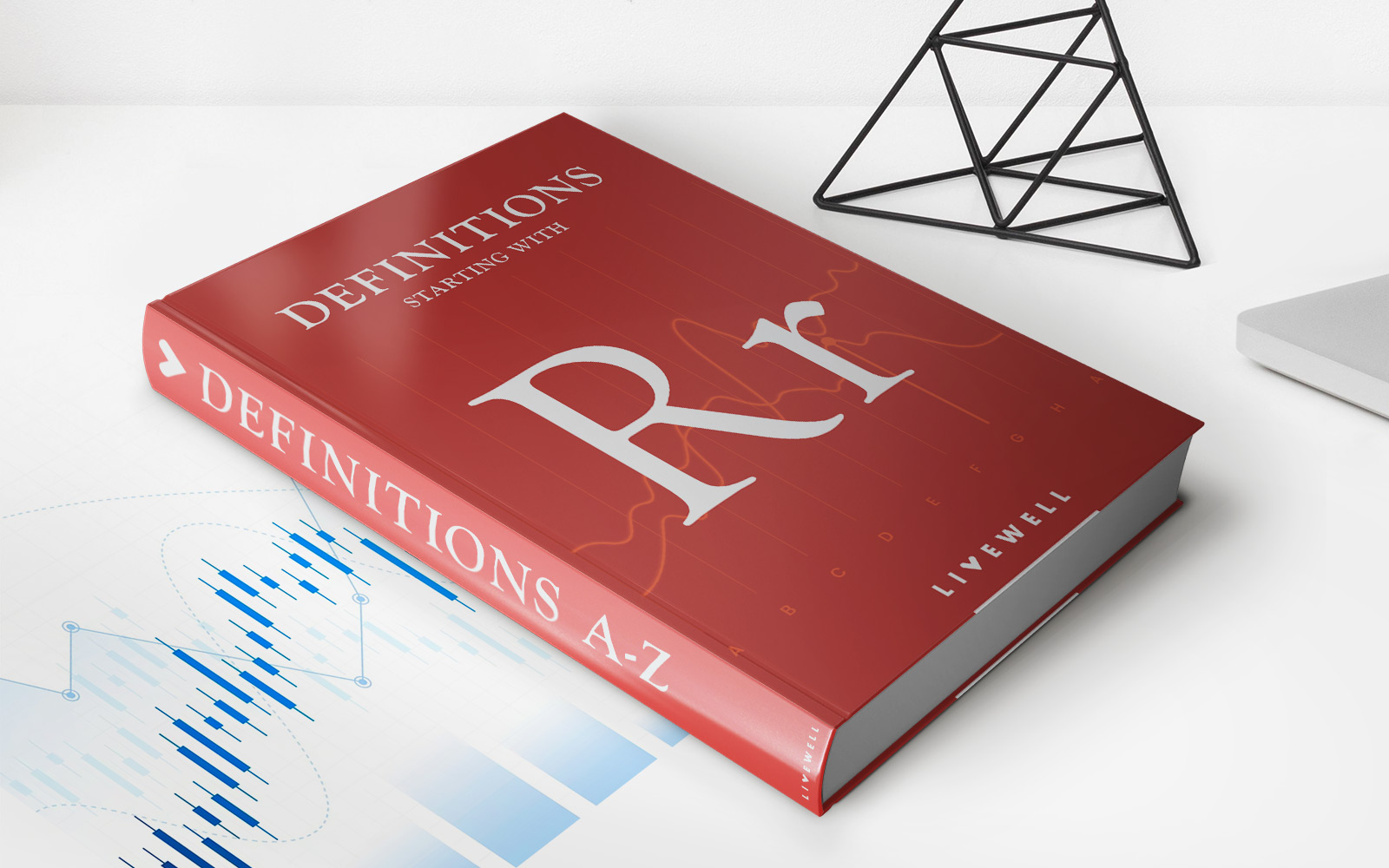Home>Finance>Exceptional Item: Definition, How It’s Reported, And Example


Finance
Exceptional Item: Definition, How It’s Reported, And Example
Published: November 20, 2023
Learn about exceptional items in finance, including their definition, reporting process, and a real-world example. Understand the impact of these items on financial statements.
(Many of the links in this article redirect to a specific reviewed product. Your purchase of these products through affiliate links helps to generate commission for LiveWell, at no extra cost. Learn more)
Exceptional Item: Definition, How It’s Reported, and Example
Welcome to the Finance category of our blog! Today, we will be diving into the concept of exceptional items. If you’ve ever wondered what exceptional items are in finance and how they are reported, you’ve come to the right place! In this blog post, we will explore the definition of exceptional items, how they are typically reported, and provide an example to help you better understand this important accounting concept.
Key Takeaways:
- Exceptional items are considered significant, one-time events that are not expected to reoccur in the foreseeable future.
- These items are reported separately in financial statements to provide transparency and allow stakeholders to assess the company’s ongoing performance.
What are Exceptional Items?
Exceptional items, also known as extraordinary items, are significant events or transactions that are not expected to recur frequently or at all. They are non-recurring in nature and highly unusual, making it difficult to predict their impact on future financial performance. These items are typically not considered as part of the company’s regular operations.
Exceptional items can include various events or transactions such as:
- Natural disasters, such as earthquakes or hurricanes
- Restructuring costs
- Impairments of assets
- Gains or losses from the sale of non-current assets
- Litigation settlements
It is important to note that exceptional items are subjective and can vary from one company to another based on their specific circumstances and industry. The key factor is that these items are material and have a significant impact on the company’s financial statements.
How are Exceptional Items Reported?
In financial reporting, exceptional items are typically reported separately from the company’s core operating activities. Companies disclose these items in their income statement or profit and loss statement as a separate line item below the operating profit. This allows stakeholders to clearly identify and assess the impact of these exceptional events on the company’s financial performance.
The reporting of exceptional items provides transparency to investors, creditors, and other stakeholders, enabling them to evaluate the underlying profitability of the company’s ongoing operations. By distinguishing exceptional items from regular business activities, it helps avoid distorting the true financial position and performance of the company.
Example of Exceptional Items
To better understand exceptional items, let’s consider an example. Suppose a manufacturing company experiences a devastating fire in one of its main production facilities. The cost of repairing the damage and replacing the equipment significantly impacts the company’s financial statements. Such costs related to the fire would be classified as exceptional items.
In this case, the company would report the exceptional item separately in its income statement, providing a clear line item for the fire-related expenses. This enables stakeholders to assess the impact of the fire on the company’s profitability and evaluate its ongoing operations without distortion from this one-time event.
In Conclusion
Exceptional items are significant, one-time events that are not expected to reoccur in the foreseeable future. They are reported separately in financial statements to provide transparency and enable stakeholders to evaluate the company’s underlying financial performance. By clearly identifying and disclosing exceptional items, companies ensure that the true financial position of the business is accurately reflected, allowing investors and other stakeholders to make informed decisions.
We hope this blog post has shed light on the concept of exceptional items in finance. If you have any further questions or would like more information, please feel free to reach out to our team! Stay tuned for more informative articles in our Finance category.














